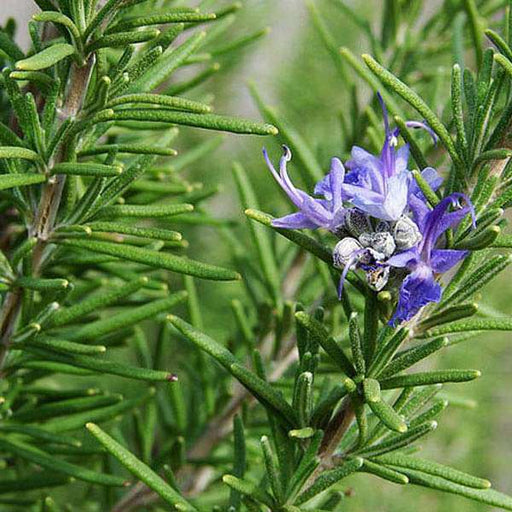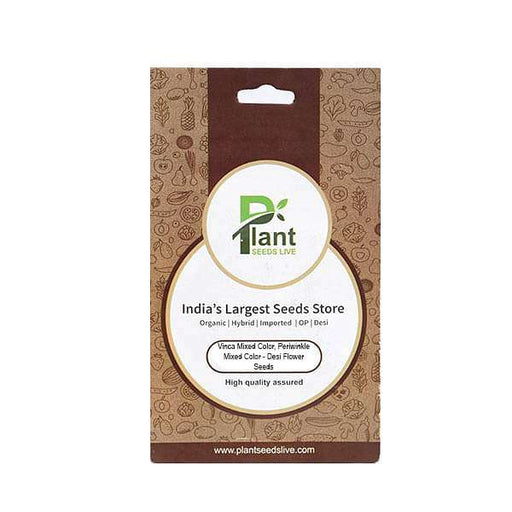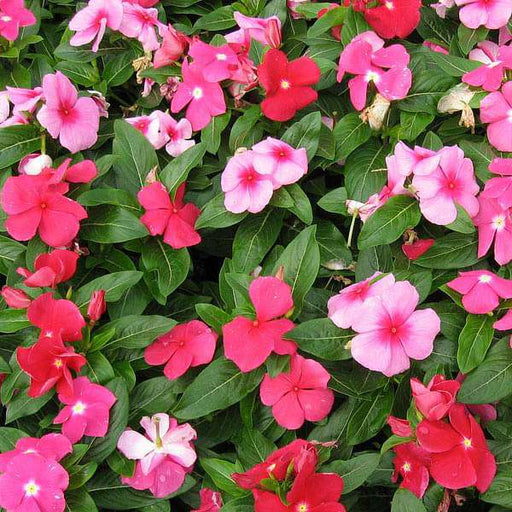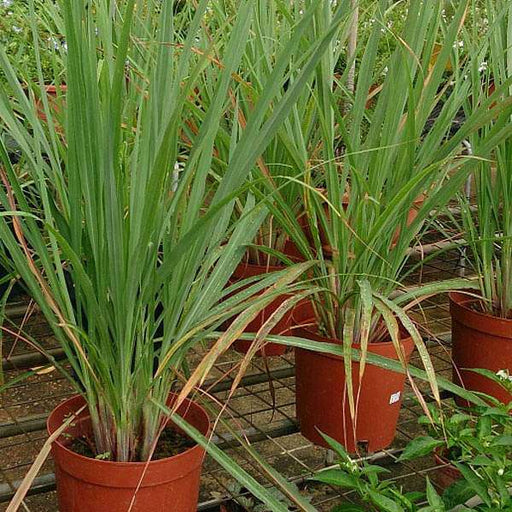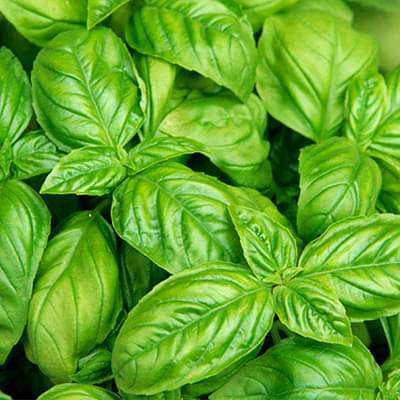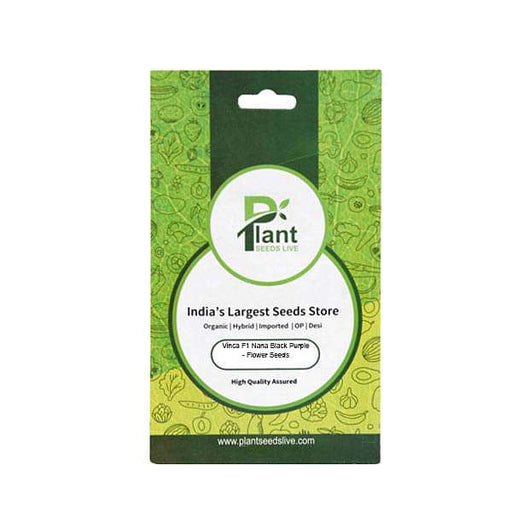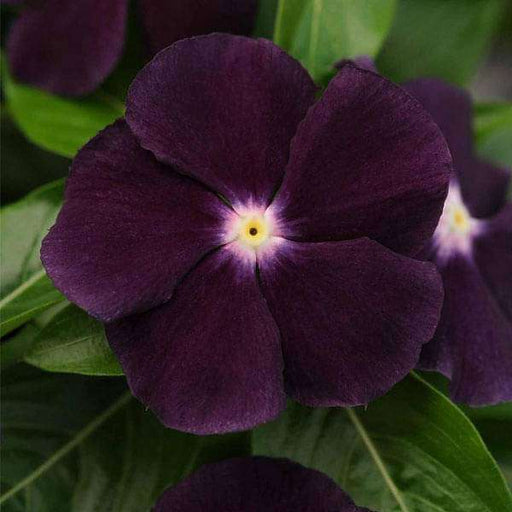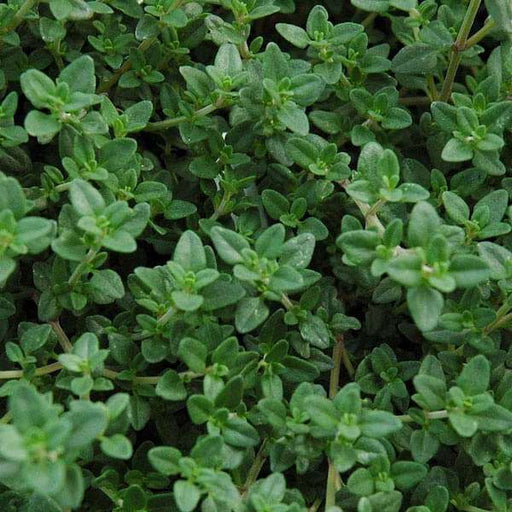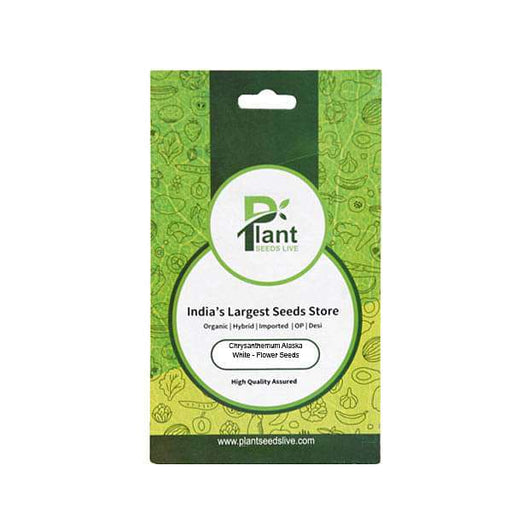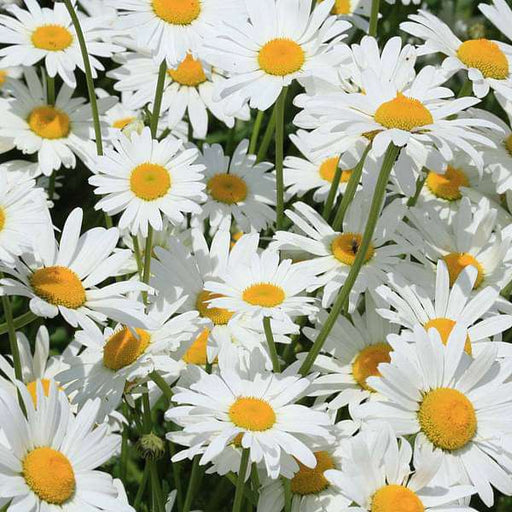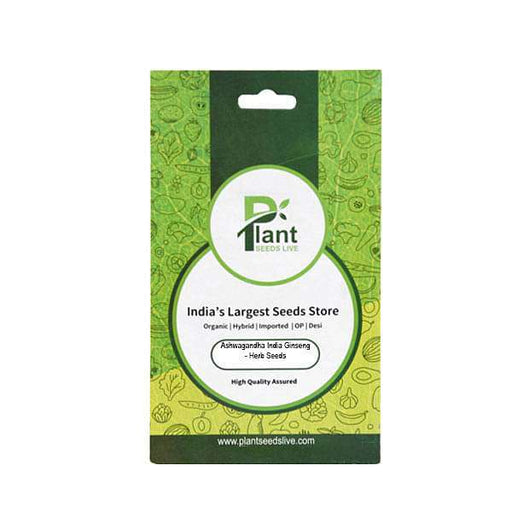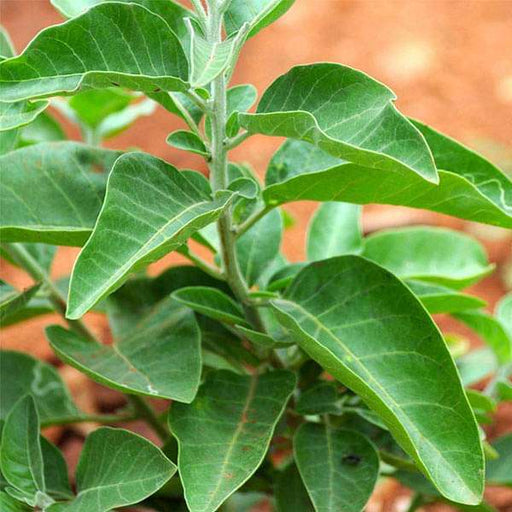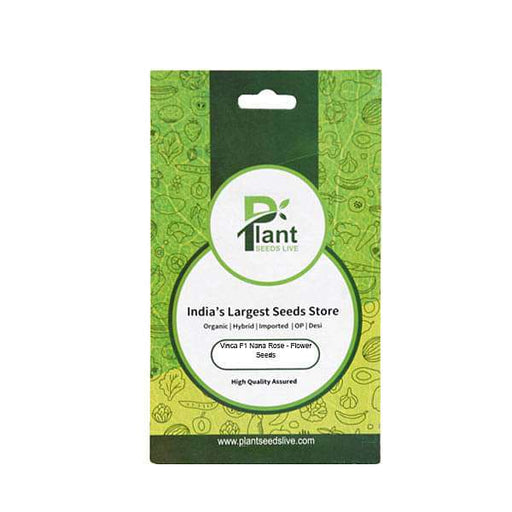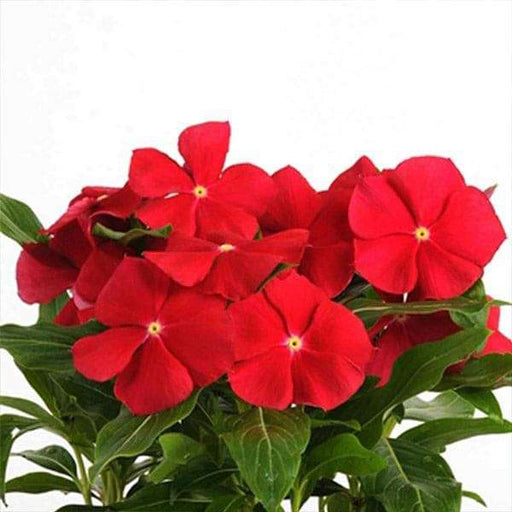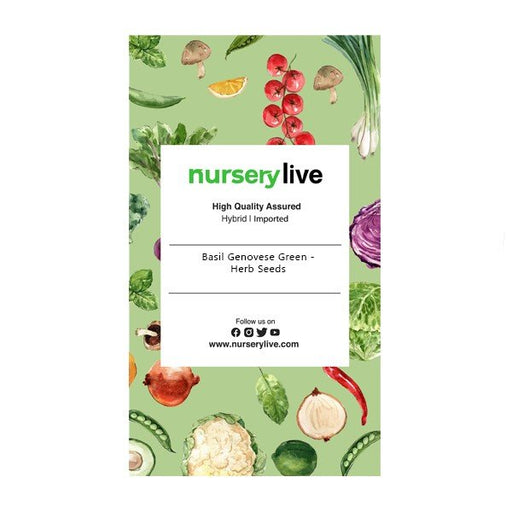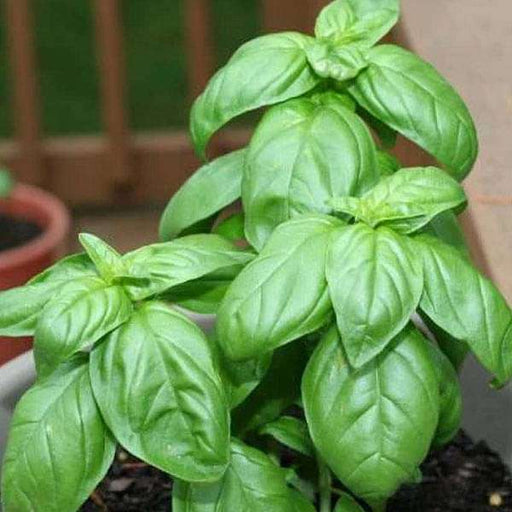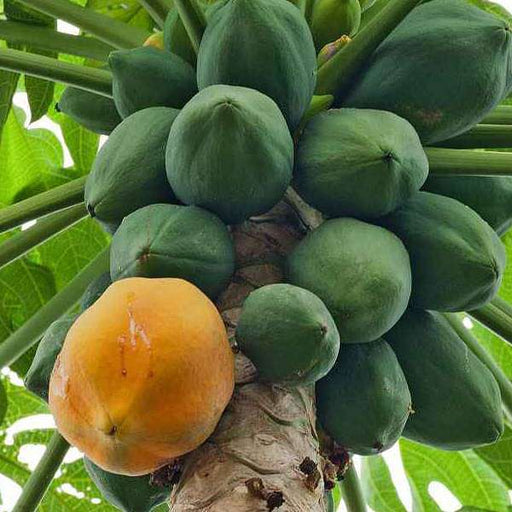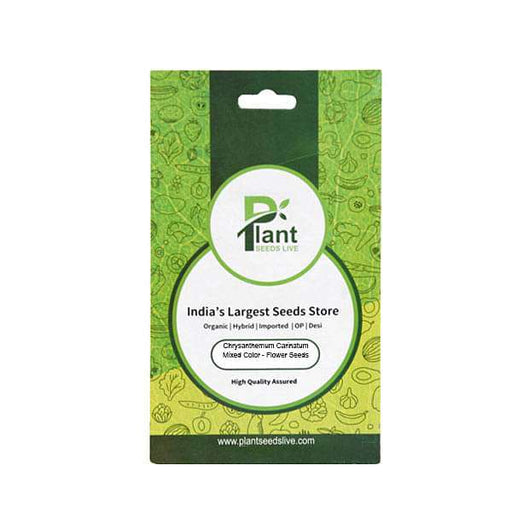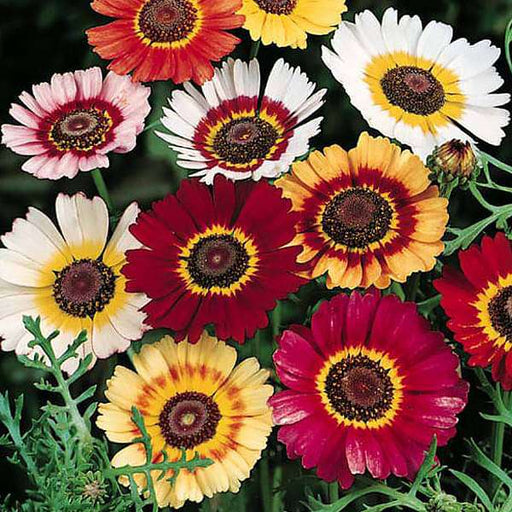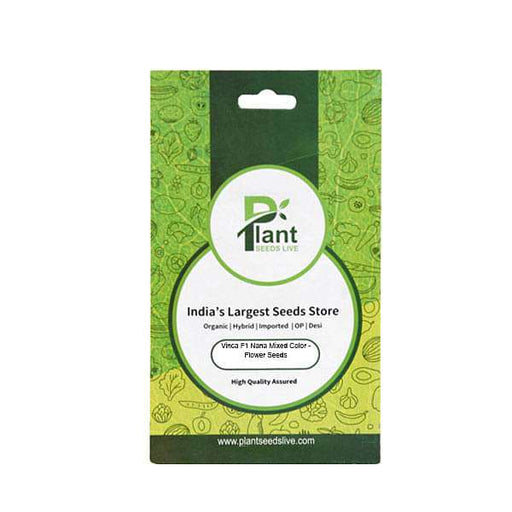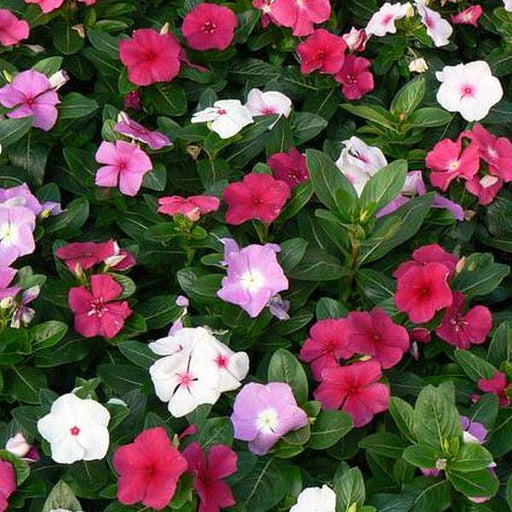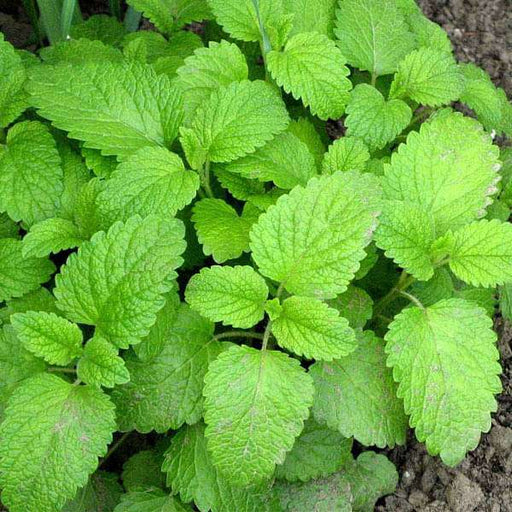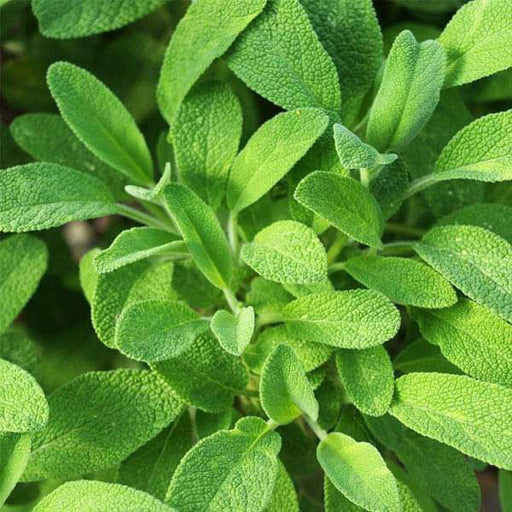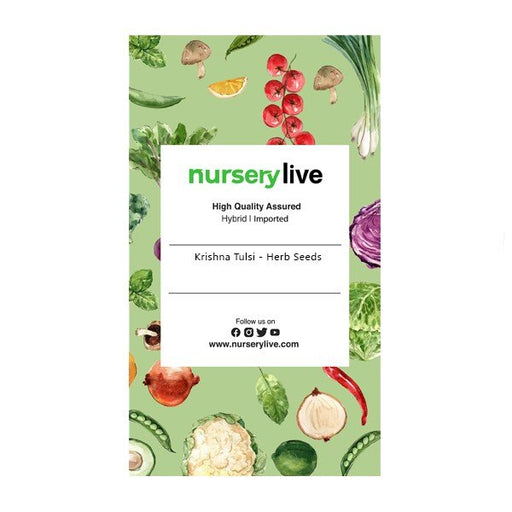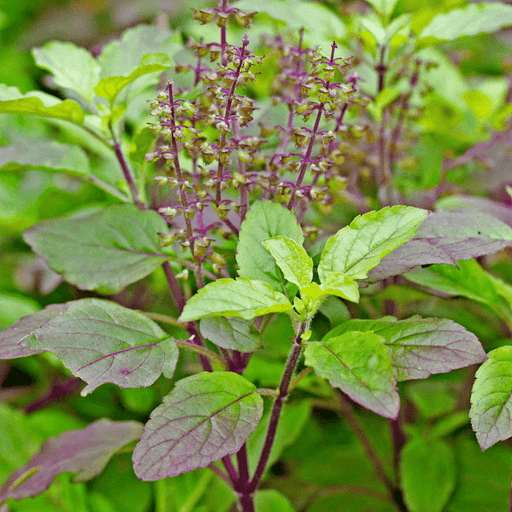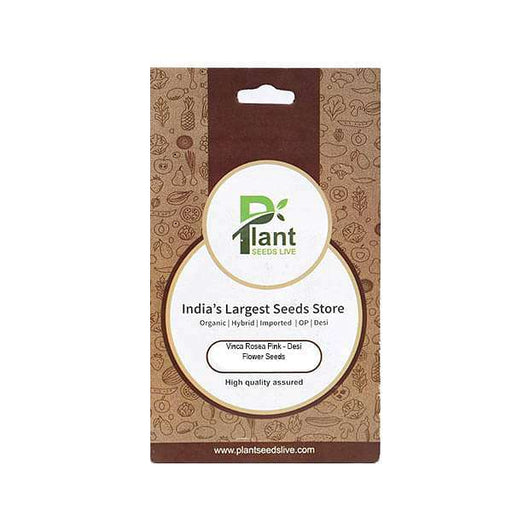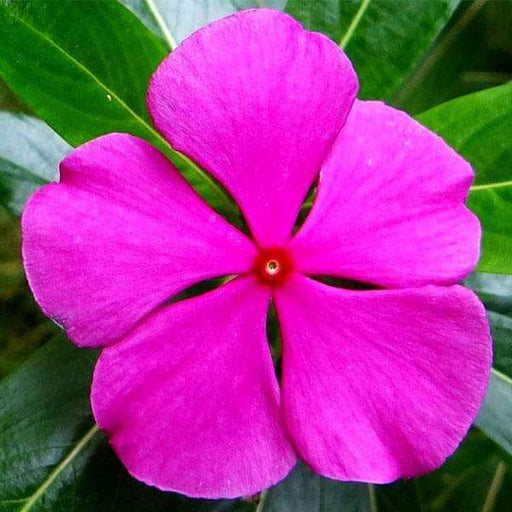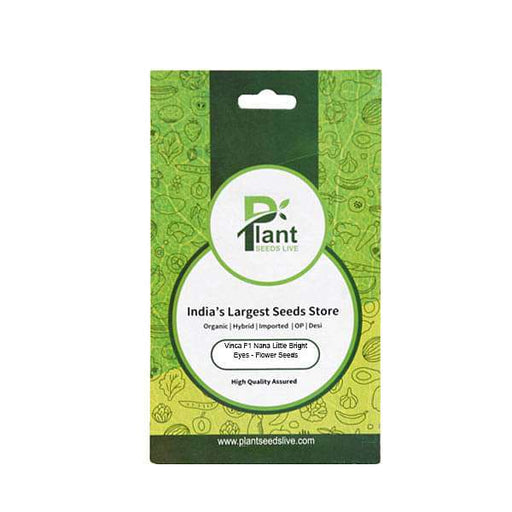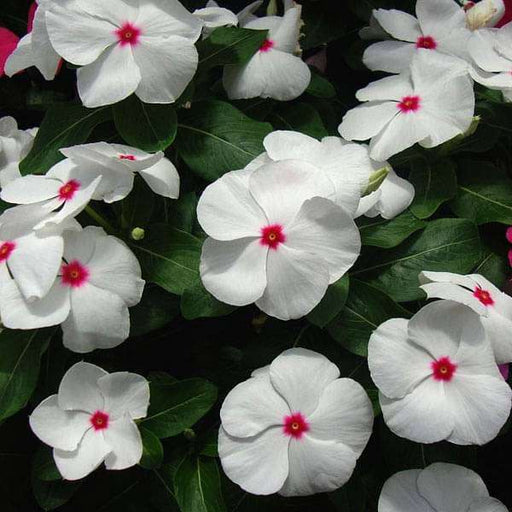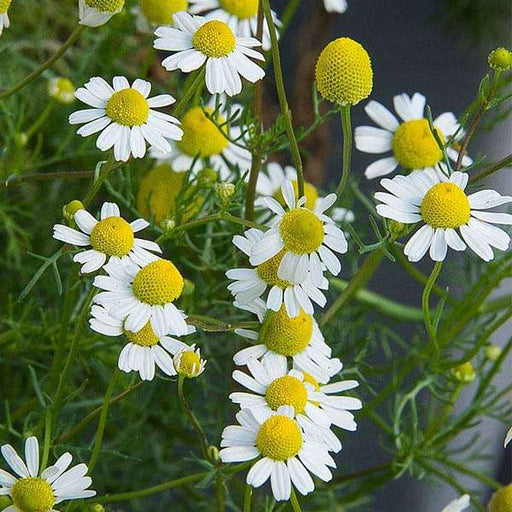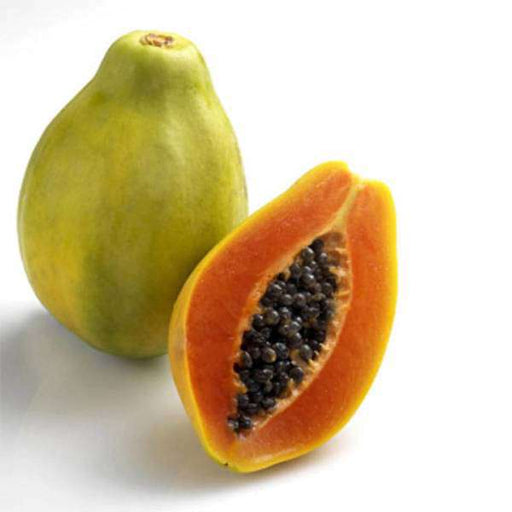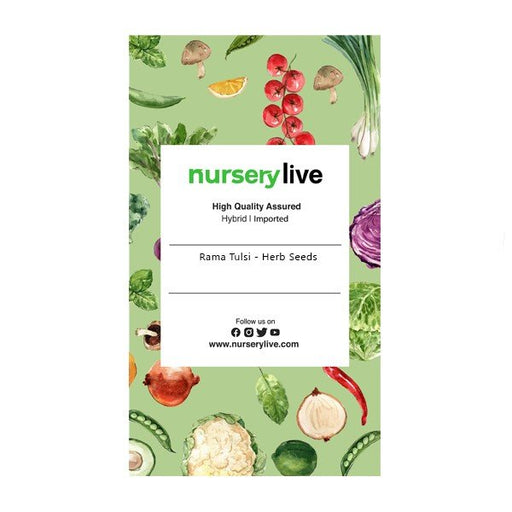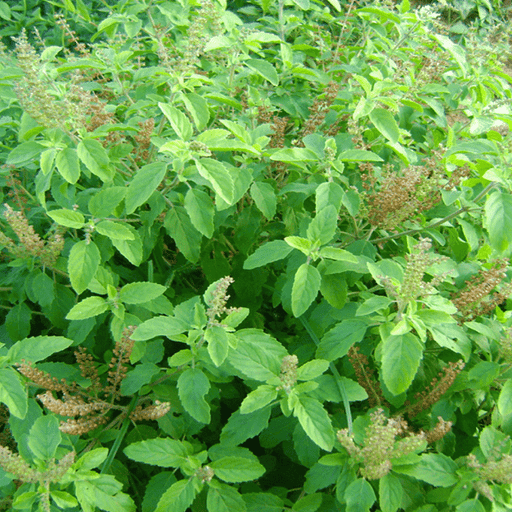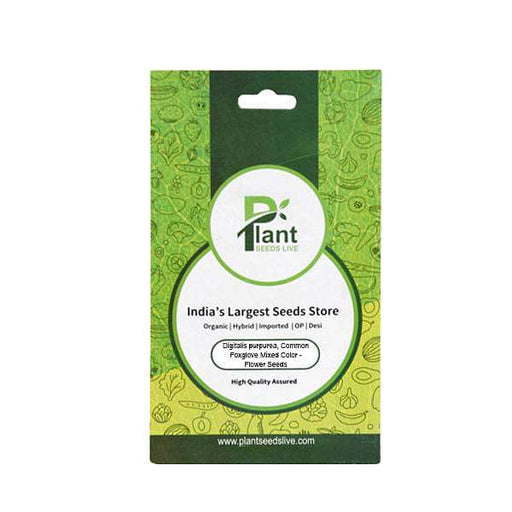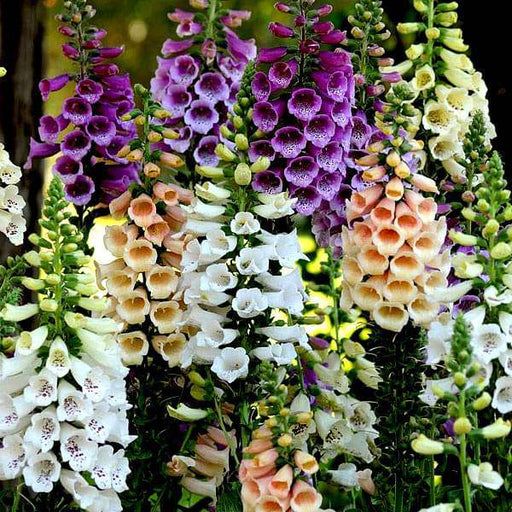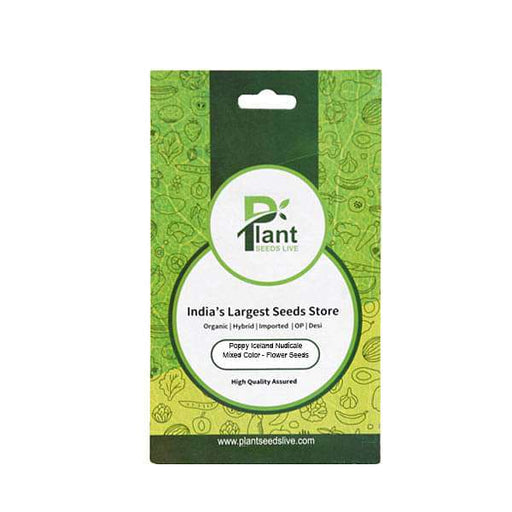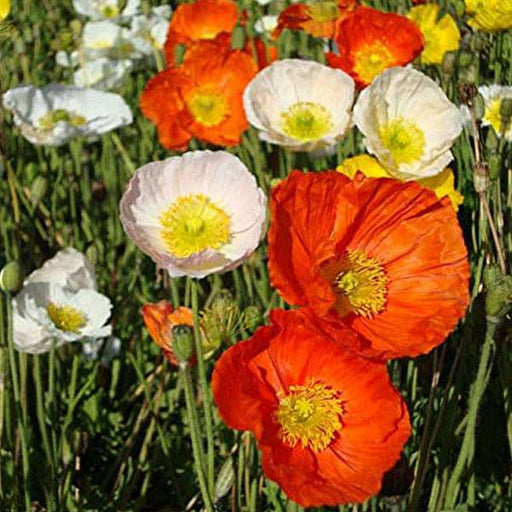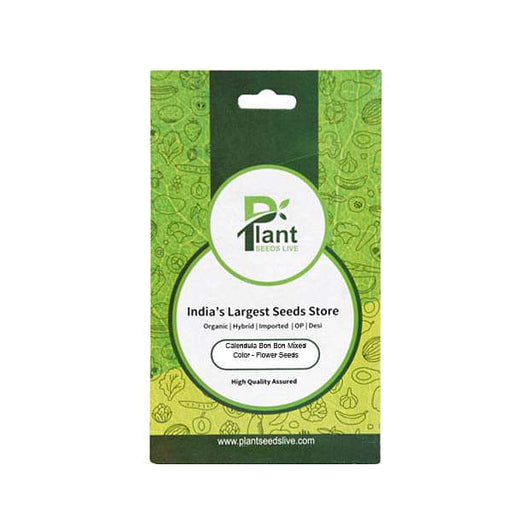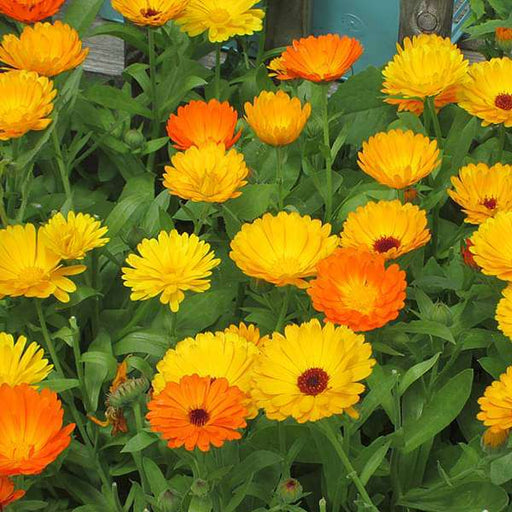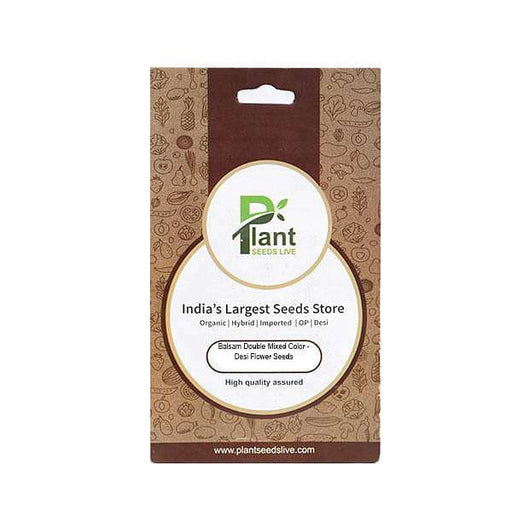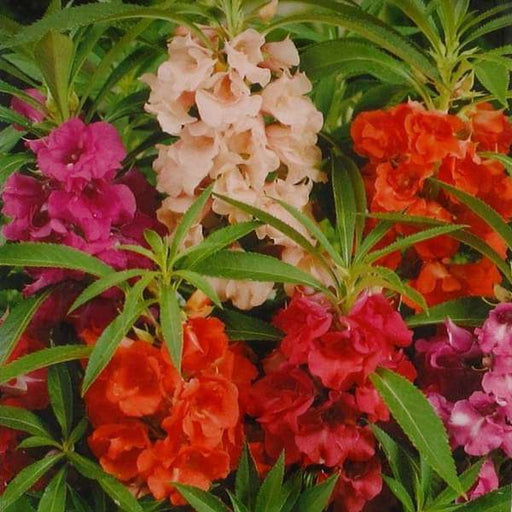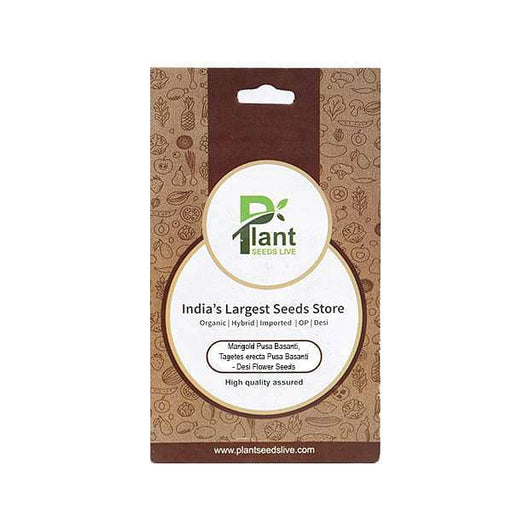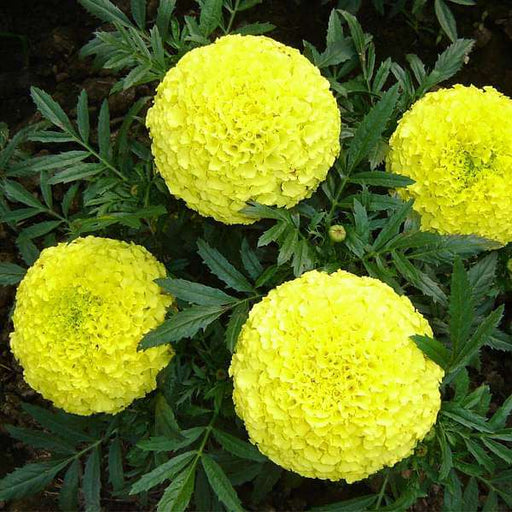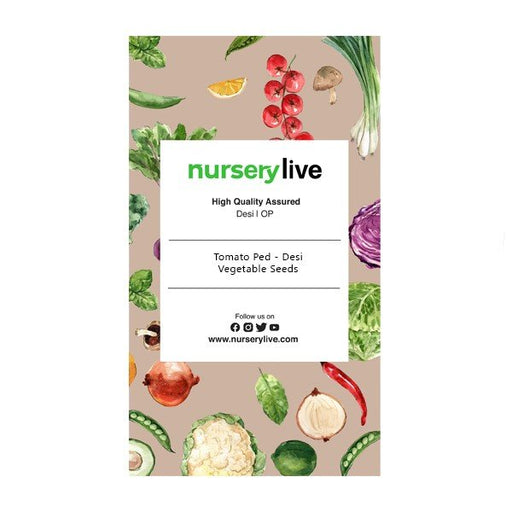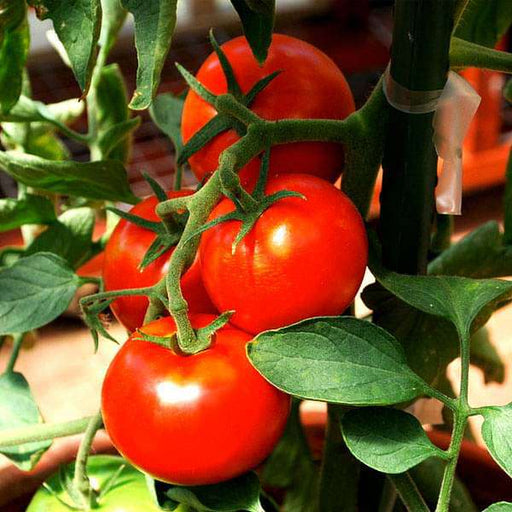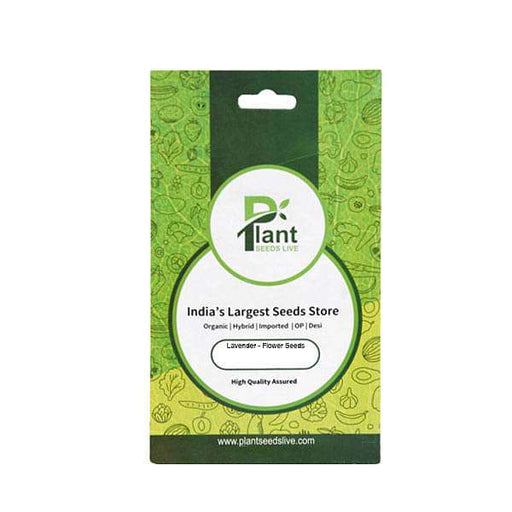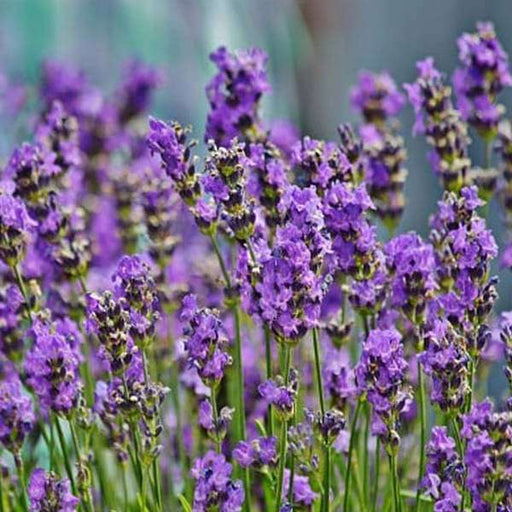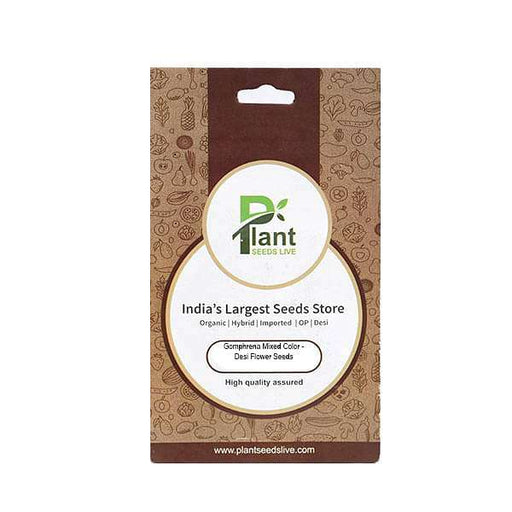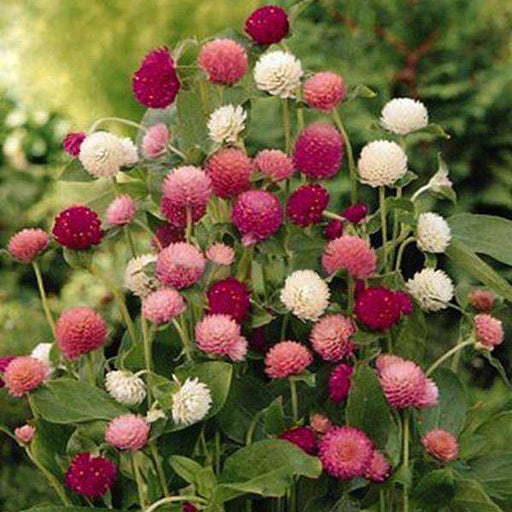Herbal Seeds
Herbal seeds are the foundation of many traditional remedies. They are packed with medicinal properties that have been used for centuries to treat a range of ailments. Whether you are looking to boost your immune system or alleviate pain, herbal seeds are a great choice.
Organic Medicinal Seeds
Organic medicinal seeds are a popular choice for those who want to grow their own medicine at home. These seeds are free from pesticides and other harmful chemicals, which makes them a safer and healthier option for both you and the environment.
Ayurvedic Seeds
Ayurvedic seeds are a staple in traditional Indian medicine. They are used to treat a range of conditions, from digestive issues to skin problems. Ayurvedic seeds are known for their healing properties and are a great addition to any natural health regimen.
Seed Banks
Seed banks are a great resource for those who are looking for a wide variety of medicinal plant seeds. They offer a range of options, from rare and exotic seeds to more common varieties. Seed banks are also a great way to ensure that you are getting high-quality seeds.
Medicinal Plant Seeds for Sale
If you are looking to buy medicinal plant seeds, there are many options available online. You can find a wide range of seeds for sale, including organic, non-GMO, and heirloom varieties.
Rare Medicinal Plant Seeds
Rare medicinal plant seeds are a great option for those who are looking to grow unique and exotic plants. These seeds are often hard to find, but they can be a great addition to any garden.
Edible Medicinal Seeds
Edible medicinal seeds are a great way to incorporate the healing properties of medicinal plants into your diet. These seeds can be added to smoothies, salads, and other dishes for an extra boost of nutrition.
Medicinal Flower Seeds
Medicinal flower seeds are a popular choice for those who are looking to grow plants with both medicinal and aesthetic value. These seeds produce beautiful flowers that can also be used to treat a range of conditions.
Heirloom Medicinal Seeds
Heirloom medicinal seeds are a great option for those who are looking for seeds that have been passed down through generations. These seeds are often more resilient and better adapted to local growing conditions than newer varieties.
Medicinal Tree Seeds
Medicinal tree seeds are a great way to grow plants that provide both medicinal and environmental benefits. Trees are known for their ability to purify the air and can also be used to treat a range of conditions.
Medicinal Herb Seeds
Medicinal herb seeds are a great option for those who are looking to grow plants that can be used to treat a range of conditions. Herbs are easy to grow and can be used in a variety of ways, from teas to tinctures.
Natural Remedies
Natural remedies are a great way to treat a range of conditions without the use of synthetic drugs. Many natural remedies are made from medicinal plants and can be easily grown at home using medicinal plant seeds.
Medicinal Plant Seedlings
If you don't want to start from seed, you can also buy medicinal plant seedlings. These young plants are already started and can be planted directly into your garden.
Medicinal Plant Nurseries
Medicinal plant nurseries are a great resource for those who are looking to buy high-quality medicinal plant seeds and seedlings. These nurseries offer a range of options and can help you choose the best plants for your needs.
Medicinal Plant Books
If you are new to growing medicinal plants, there are many books available that can help you get started . These books can provide information on the best growing conditions for different types of plants, as well as tips on harvesting and preparing medicinal herbs.
Medicinal Plant Identification
If you are interested in foraging for medicinal plants, it is important to be able to identify them correctly. There are many resources available online and in books that can help you learn to identify different types of plants.
Medicinal Plant Uses
Medicinal plants have been used for centuries to treat a range of conditions. There are many different uses for medicinal plants, from treating digestive issues to reducing inflammation. Learning about the different uses of medicinal plants can help you choose the right plants for your needs.
Medicinal Plant Cultivation
Growing medicinal plants requires some specialized knowledge and care. It is important to understand the specific growing conditions for each type of plant, as well as how to harvest and store them correctly.
Medicinal Plant Conservation
Many medicinal plants are at risk due to over-harvesting and habitat loss. It is important to support conservation efforts to ensure that these plants are available for future generations.
Medicinal Plant Research
There is ongoing research into the medicinal properties of plants, as well as their potential uses in treating different conditions. Keeping up-to-date with the latest research can help you make informed decisions about the use of medicinal plants in your own health and wellness routine.


